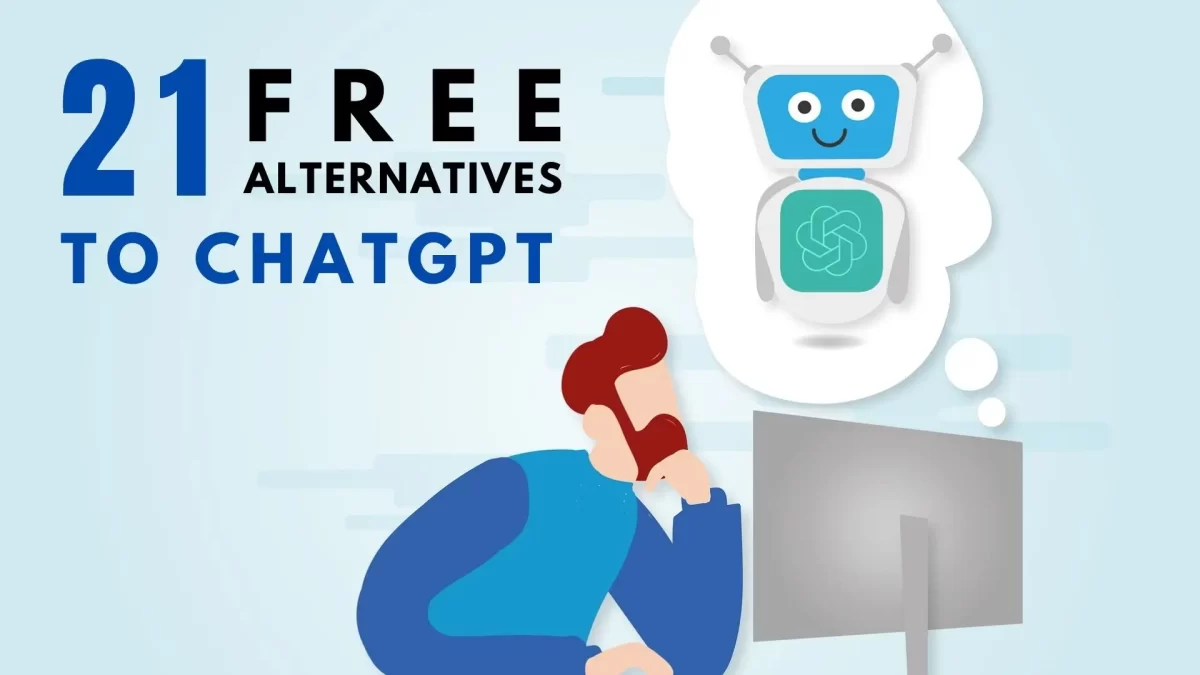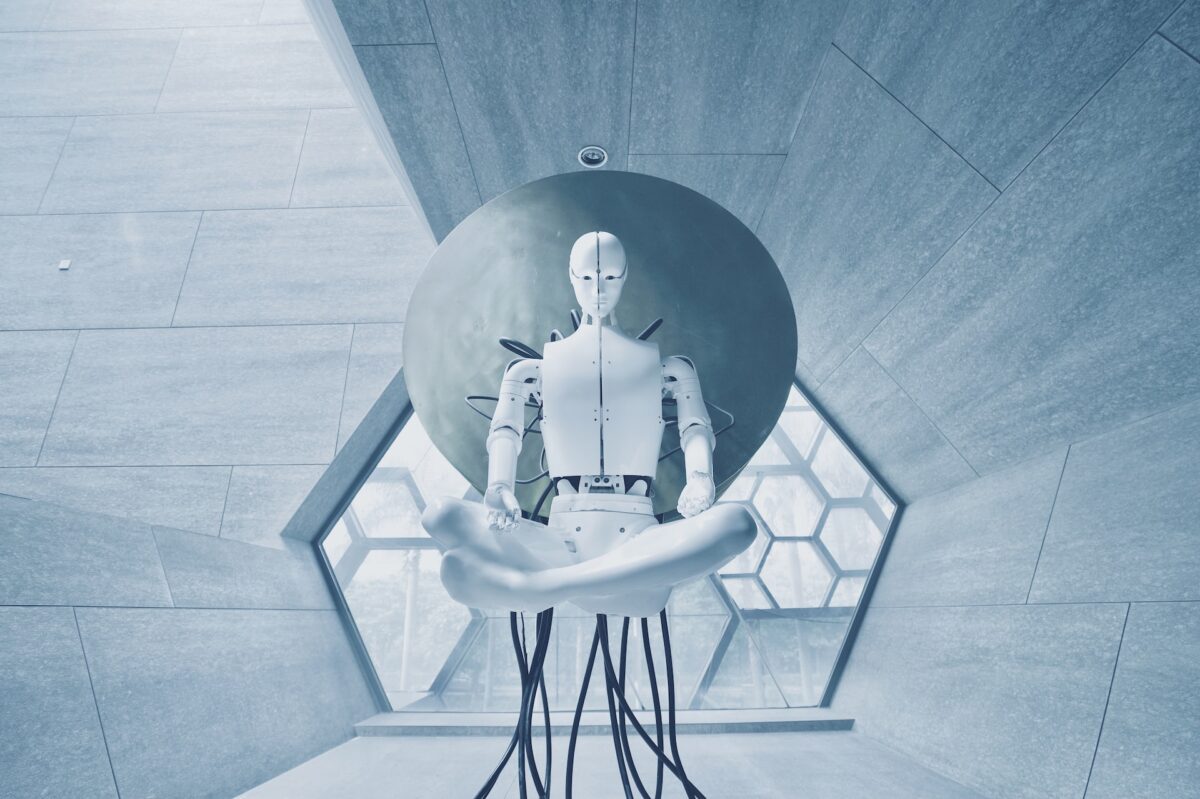The world of technology is constantly evolving, and the advancements in Artificial Intelligence (AI) have brought about significant changes in various industries. One of the areas where AI has sparked a heated debate is programming.
The question on everyone’s mind is whether AI will replace programmers and software engineers, or if it will only augment their skills and capabilities.
On one hand, AI-powered programming tools such as GitHub’s Copilot and Google’s AutoML have already demonstrated their ability to generate code, optimize it, and even detect bugs. On the other hand, the role of human skills such as critical thinking, problem-solving, and creativity cannot be ignored.
In this article, we will explore the future of programming with AI and how it may impact the job market for programmers and software engineers.
The Role of AI in Programming
Artificial Intelligence (AI) refers to the ability of machines to learn from data and make decisions based on that learning. In programming, AI can be used to automate various tasks that would have been carried out by human programmers. The following are some of the applications of AI in programming:
Code Generation
AI-powered programming tools can generate code based on predefined rules and patterns. For instance, GitHub’s Copilot uses natural language processing (NLP) and machine learning to suggest code snippets based on the context of the code being written.
Code Optimization
AI can also be used to optimize code and make it more efficient. For instance, Facebook’s Prophet AI can optimize queries in its database to improve performance.
Bug Detection
AI can be used to detect bugs in code, reducing the time and effort required to troubleshoot issues. For instance, Microsoft’s IntelliCode can detect common programming errors and suggest fixes.
Machine Learning
AI is also used in machine learning, where it can analyze large amounts of data to identify patterns and make predictions. This has many applications, including fraud detection, natural language processing, and recommendation systems.
Overall, AI-powered programming tools can significantly increase the speed and efficiency of programming tasks, making it easier for programmers to focus on more complex and creative aspects of their work.

The Potential Impact of AI on Programmers and Software Engineers
The potential impact of AI on the programming industry is significant, and there are both benefits and challenges that need to be considered. Here are some of the potential impacts of AI on programmers and software engineers:
Benefits
- Increased Productivity: With AI-powered programming tools, programmers can write code more quickly and efficiently, reducing the time required to develop software.
- Faster Development Cycles: AI can automate testing and debugging, reducing the time required for quality assurance and deployment.
- Improved Code Quality: AI-powered tools can detect bugs and suggest optimizations, resulting in higher-quality code.
Challenges
- Job Displacement: AI could automate many programming tasks, potentially leading to job displacement for some programmers.
- Lack of Creativity: Some worry that AI could make programming more formulaic and less creative, reducing the role of human creativity in software development.
- Overreliance on AI-Powered Tools: Overreliance on AI-powered tools could lead to a lack of critical thinking and problem-solving skills among programmers.
The current state of the job market for programmers and software engineers is already changing due to AI, with many employers seeking candidates with knowledge of AI and machine learning. However, there will likely always be a need for human programmers with specialized skills and experience.
Overall, the impact of AI on programming is complex and multifaceted. While AI has the potential to significantly improve the speed and efficiency of programming tasks, it is important to consider the potential challenges and ensure that programmers and software engineers are equipped with the skills they need to work effectively with AI-powered tools.
The Role of Human Skills in Programming
While AI has the potential to automate many programming tasks, human skills such as critical thinking, problem-solving, and creativity will continue to be essential in the programming industry. Here are some of the ways in which human skills are still important in programming:
Critical Thinking
Human programmers are better at identifying and solving complex problems, making decisions, and creating unique solutions. AI-powered tools can automate routine tasks, but they are still limited in their ability to handle complex problems.
Creativity
Human programmers can use their creativity to design and develop new and innovative software solutions. While AI-powered tools can suggest solutions based on existing patterns, they are still limited in their ability to create something truly new and innovative.
Domain Knowledge
Human programmers often have specialized knowledge of specific domains or industries, which they can use to develop software that meets the specific needs of those industries. AI-powered tools may lack this specialized knowledge, making human programmers still valuable in many contexts.
Collaboration
Programming often involves teamwork and collaboration, which requires strong communication and interpersonal skills. Human programmers can work together to create complex software systems that meet specific business needs.
Overall, while AI has the potential to automate many programming tasks, human skills will continue to be essential in the programming industry. AI can augment human skills, but it cannot replace them entirely. It is therefore important for programmers and software engineers to develop a broad range of skills that can work effectively with AI-powered tools.
Related Post: Learn AI for Free with These 10 Online Courses with Certificates
Conclusion
The rise of Artificial Intelligence (AI) has sparked a debate on whether it will replace programmers and software engineers or only augment their skills and capabilities. While AI-powered programming tools have demonstrated their ability to generate code, optimize it, and even detect bugs, human skills such as critical thinking, problem-solving, and creativity cannot be replaced entirely.
So, will AI replace programmers?
The potential impacts of AI on programmers and software engineers are complex, with benefits such as increased productivity and faster development cycles, as well as challenges such as job displacement and lack of creativity.
Nonetheless, human skills will continue to be essential in the programming industry, as programmers and software engineers can use their critical thinking, creativity, domain knowledge, and collaboration skills to develop innovative software solutions that meet specific business needs.
Therefore, it is crucial for programmers and software engineers to embrace AI-powered tools while still developing a broad range of skills that can work effectively with them.
AI will undoubtedly transform the programming industry, but it will not replace human programmers and software engineers entirely.

Ali is a digital marketing blogger and author who uses the power of words to inspire and impact others. He has written for leading publications like Business2Community, Inc. Magazine, and Marketing Profs. When not writing, he enjoys spending time with his family.
